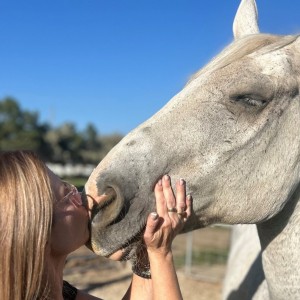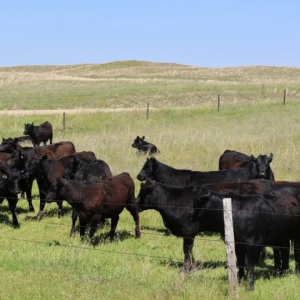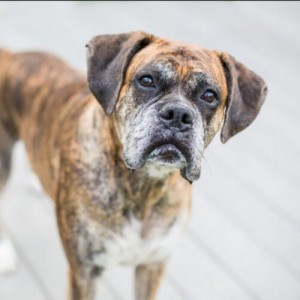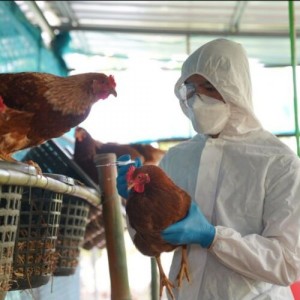Videos reveal lax biosecurity in New York poultry markets amid bird flu outbreaks
Campaigners and experts are raising the alarm after video footage obtained by BBC Science Focus reveals that inner-city poultry markets in New York are failing to take recommended precautions to protect staff and the public, as bird flu cases in the state continue to rise.
The footage shows staff at several locations in Queens handling birds without basic recommended personal protective equipment (PPE) such as masks.
The findings come just weeks after authorities ordered the temporary shutdown of the city’s more than 80 poultry markets, following the detection of bird flu cases in February.
Despite efforts by New York State’s Department of Agriculture and Markets to test source flocks for bird flu before they enter live poultry markets, the virus has still been detected at 16 live bird markets in New York City since the new measures were introduced. By not adhering to best practices for biosecurity, campaigners are concerned that the virus could spread further.
This still, taken from a video captured at the entrance to a live poultry market in Queens, NYC, on 13 April 2025, shows a worker without a mask or other basic PPE. They appear to be wearing one glove and are seen touching their face with the ungloved hand in the footage. - Crystal Heath
“These live poultry markets are failing to take the most basic biosecurity precautions,” Dr Crystal Heath, the veterinarian who captured the videos earlier this month, told BBC Science Focus. “But it’s officials’ negligence that allows these places to continue to threaten public health.”
Edita Birnkrant, executive director of animal rights non-profit New Yorkers for Clean, Livable, and Safe Streets – who has also inspected a number of markets across the city – said conditions inside the markets leave both workers and customers at risk.
“Anybody can just walk in off the street and be exposed to the pathogens there,” she told BBC Science Focus.
Both Heath and Birnkrant are urging public health officials to take stronger action to prevent the further spread of bird flu in New York’s live poultry markets, warning that the markets' location in densely populated neighbourhoods poses, according to Heath, "a risk to public health".
“[The markets] confine multiple species and create the perfect environment for the virus to mix with other species’ influenza viruses, including the human seasonal flu,” Heath said. “These conditions could facilitate viral reassortment (where viruses swap genetic code with each other), creating a new virus that could spread from person to person.”
Heath’s footage captured several apparent breaches of biosecurity recommendations. New York’s Department of Agriculture and Markets told BBC Science Focus on 15 April that best practices for live poultry markets include:
- Discouraging unnecessary visitors
- Using biosecurity signs to warn people not to enter buildings without permission
- Requiring visitors to cover and disinfect footwear
- Screening visitors for recent contact with birds
- Reporting anything unusual, especially sick or dead birds, to the Department.
This still, taken from a video captured outside another live poultry market in Queens, NYC, on 13 April 2025, shows a person exiting the market without any protective equipment. The facility’s doors are open, allowing members of the public to come and go freely. - Crystal Heath
In response to a request for comment from BBC Science Focus, New York State Department of Health Commissioner Dr James McDonald, said: “While there is no immediate threat to public health and no known cases of Highly Pathogenic Avian Influenza (HPAI) in humans in New York State, I urge everyone who has regular contact with livestock and wild birds to remain vigilant and take precautions by wearing personal protective equipment when you're in contact with these animals.”




.jpg)









List
Add
Please enter a comment